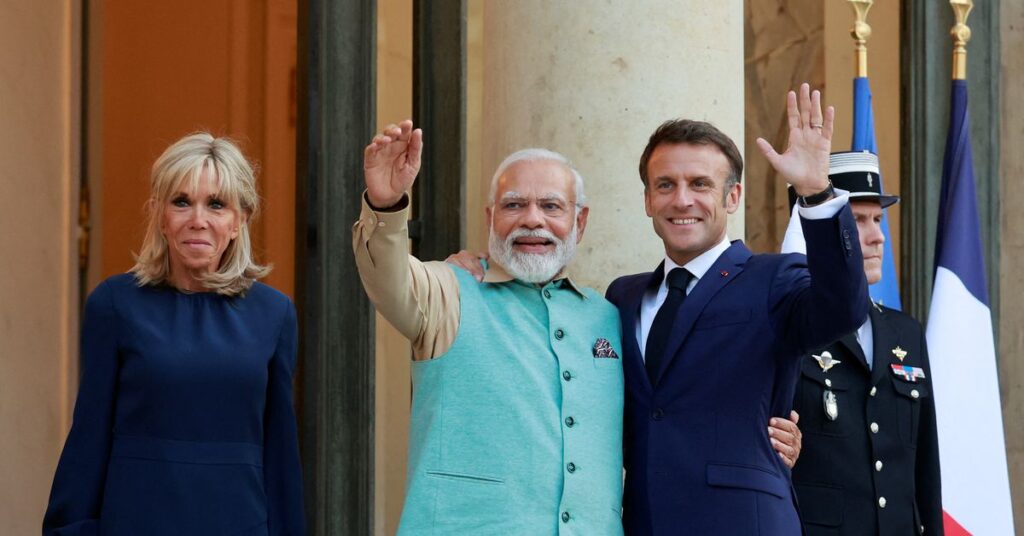A group of prominent global and Indian investors, including Tiger Global, DST Global, Peak XV, Steadview Capital, and Kotak Private Equity, have sent a letter to Indian Prime Minister Narendra Modi, expressing their concerns over India’s recently imposed taxation on online gaming. According to the investors, the “onerous tax regime” could result in a staggering write-off of $2.5 billion and the loss of one million direct and indirect jobs in the industry.
The Goods and Services Tax (GST) Council, consisting of federal and state finance ministers, announced earlier this month that it would levy a 28% tax at entry points on the full face value of online gaming transactions.
In their letter to Prime Minister Modi, the group of 30 investors highlighted the unintended consequence of equating the legitimate online skill gaming industry with gambling and betting activities. They stressed that their investments in this sector were made with the vision of making India the gaming capital of the world. This vision includes generating high-skilled jobs, attracting billions in foreign capital, and positioning the country as a net exporter of innovation in gaming, animation, artificial intelligence, and visual effects.
Online gaming has emerged as one of the fastest-growing consumer internet businesses in India. Fantasy sports startups, such as Dream Sports (backed by Tiger Global and Alpha Wave Global) and Mobile Premier League (backed by Sequoia India), have received substantial investments as the online gaming industry gains popularity among internet users in India. With the increasing interest in betting on real-world sporting events to make money, these startups have collectively garnered an enterprise valuation of $20 billion.
The investors’ letter echoes concerns raised by over 125 companies, warning that the sector faces an existential crisis and significant loss of investments due to the GST Council’s decision. For instance, Dream11, India’s leading fantasy sports startup, has projected an 80% drop in its EBITDA following the implementation of the new taxation rule.
The investors highlighted the potential repercussions of the current GST proposal, indicating that it could create an excessively burdensome tax regime for the gaming sector globally. They estimate that the new tax structure could lead to the write-off of the $2.5 billion invested in the industry. Additionally, prospective investments of at least $4 billion over the next 3-4 years could be deterred, hindering the growth of the gaming sector in India.
To address these concerns, the investors suggested examining several aspects before implementing the new taxation rule:
- Clarify the definition of “full value of bets” to determine the GST levied on each contest played, ensuring that the gaming business model remains viable and sustainable.
- Consider taxing the full deposit value (deposits made by users) without subjecting winnings redeployed to play a game to further taxation, similar to practices in casinos. This would allow GST authorities to track and verify all filings, minimizing manipulation.
- Explore the possibility of levying 28% GST on Gross Gaming Revenue (GGR)/Platform fees, aligning with international best practices and ensuring the survival and contribution of Indian online gaming operators to the national economy.
As the gaming industry grapples with the implications of the new tax policy, investors seek a balanced approach that supports the growth and development of this flourishing sector. The gaming industry’s potential to create jobs, attract foreign investment, and foster innovation underscores the importance of carefully evaluating the taxation framework to avoid unintended consequences and safeguard investor confidence.
